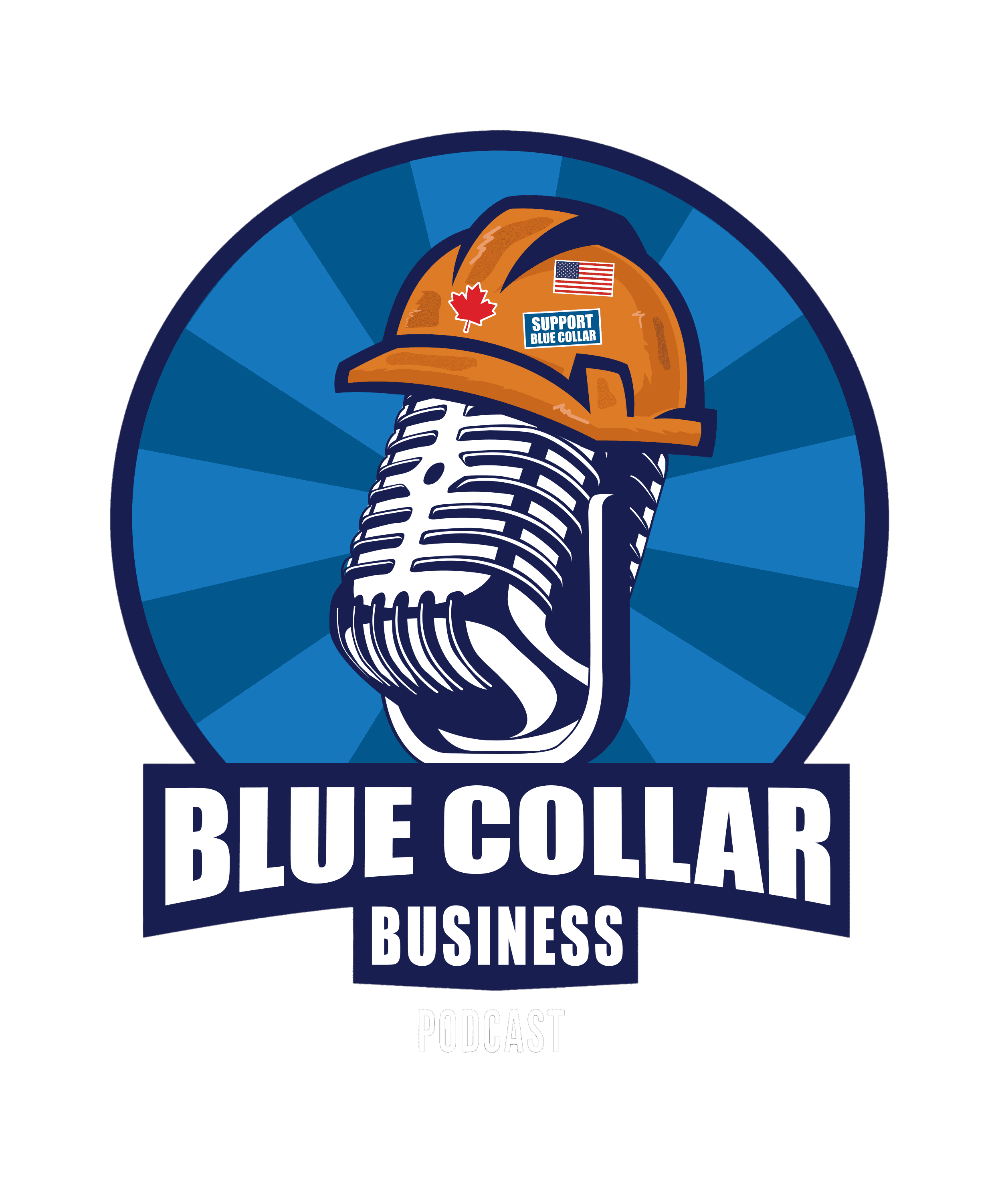Tired of hard-bid chaos and the “race to the bottom” that leaves everyone exhausted and underpaid? We sit down with Dylan Ream, regional manager at ARCO, to unpack how design-build flips the incentives so subs can profit, owners get clarity, and schedules stop bleeding. Dylan’s path, engineering grad to field-heavy project engineer to design-build PM, reveals why real-world problem solving beats perfect paper and how continuity from kickoff to closeout (“cradle to key”) saves owners from painful handoffs.
We pull back the curtain on performance-based specs, true value engineering, and the simple shift that speeds decisions: call the installer first. When a switchgear delay threatened a delivery by eight months, the team tapped the electrician for solutions, checked code, and brought the engineer options instead of open-ended problems. That solution-first mindset runs throughout—subs are treated as experts, not line items. We also talk culture you can feel on site: core values that stick, superintendents empowered to enforce safety with anyone, and ongoing training that keeps PMs and supers aligned when markets get choppy.
Dylan shares the 83‑day downtown build that shaped his leadership and the question that changes everything in a crunch: “What do you need?” We get candid about go/no-go discipline, choosing owners who value collaboration, and guiding design early to avoid deep utilities, long lead traps, and spec dead-ends. For the tradesperson who’s curious but burnt out, there’s practical encouragement: ask better whys, learn across disciplines, and don’t be afraid of a smart leap, your best work may be on the other side of a different delivery model.
If this conversation helps you think differently about teaming with GCs, share it with a crew mate, hit follow, and leave a quick review so more builders can find it. Got a story where field knowledge saved a job? Tell us, we might feature it next.
Thumbtack
Stop spending all your time searching for weak leads. Book your personalized strategy session today!
Blue Collar Performance Marketing
Click the link above for a free marketing audit with insights to boost your blue collar business!
Disclaimer: This post contains affiliate links. If you make a purchase, I may receive a commission at no extra cost to you.
Follow and stay connected:
Never miss an update—follow, subscribe, and join the conversation!
More About this Episode
How Design-Build GCs Are Changing the Game for Subcontractors and Project Success
If you’ve worked in construction for any amount of time, you know the tension that can build between general contractors and subcontractors. It’s a relationship that should be built on mutual respect and collaboration, but too often it's poisoned by poor communication, rigid bidding structures, and a lack of transparency. I've talked at length on this podcast about how fed up I’ve been with certain GCs, how it can feel like you're being set up to fail from the jump. So, when I met someone from the GC world who not only acknowledged these issues but is actively working to fix them, I knew I had to get him behind a microphone.
Dylan Reem, Regional Manager at ARCO, joined me on the Blue Collar Business Podcast to dive deep into what it actually looks like when a general contractor prioritizes relationships, collaboration, and long-term success, for everyone on the job, not just their own team.
This isn’t just a feel-good episode. It’s a blueprint for how project management and design-build construction can actually work for subcontractors instead of against them.
Let’s unpack the key takeaways from our conversation and why they matter for anyone who swings a hammer, runs a crew, or is trying to grow a business in this industry.
Why Most GC-Sub Relationships Fail
First off, let’s talk about the hard truth. In the traditional plan-and-spec, design-bid-build world, it’s all about racing to the bottom. GCs are locked into rigid specifications and awarded jobs based on the lowest bid. Subcontractors are forced to play a dangerous game, cutting their numbers just to win the work and hoping to make it back through change orders later.
That model is broken.
Dylan put it plainly: "You're either the guy who made the biggest mistake and is about to find out, or you're the guy who bid so low just to get the job, and now you're stuck figuring out how to make it work."
For subs, it means no say in the design, no room for innovation, and no guarantee you'll make money. You’re just one line item on a spreadsheet. That kind of transactional mindset leads to burnout, resentment, and a high turnover industry-wide.
The Design-Build Model: A Different Way to Build
ARCO operates on a design-build model, and according to Dylan, that’s what makes all the difference, not just for them as a GC, but for the entire team working on the project.
Here’s why it matters:
- Early involvement: Subs are brought into the project during design. Their feedback helps shape decisions, improve constructability, and identify cost-saving options (value engineering) that don’t compromise quality.
- Performance-based specs: Instead of bidding against rigid spec books, subs are asked to meet performance goals. That opens the door for creative solutions and more flexible pricing.
- One team mentality: From the first meeting with the client to the final walk-through, the same project manager sees it through. No handoffs. No confusion. Everyone is accountable—and aligned.
This kind of model rewards collaboration. It’s not just about getting to the next job. It’s about doing this one right.
Subs Are Partners, Not Just Hired Hands
One thing that stuck with me in our conversation was Dylan’s take on subcontractor relationships. He made it crystal clear: ARCO’s internal philosophy is, "You will only be as successful as your subs."
Let that sink in.
If you're a GC and your electrician is losing money, your project is suffering. If your dirt guy is getting smoked on production because of design conflicts, it’s your problem too.
This is where most traditional GCs go wrong. They treat subcontractors like commodities. But in the design-build world, especially the way ARCO runs it, subs are partners. They’re part of the solution.
For example, when Dylan and his team run into a delay (say, an eight-month lead time on switchgear, which is happening more often these days), their first call isn’t to the engineer. It's for the electrician. Why? Because the person installing it usually knows more about potential alternatives than anyone else.
That’s the kind of trust and collaboration that keeps jobs on schedule and on budget. And more importantly, it builds lasting relationships.
Cradle-to-Key Project Management
Another big differentiator in ARCO’s model is what Dylan called "cradle to key" project management.
Instead of separating preconstruction from execution, where one team estimates the job and another builds it, ARCO has the same project manager do it all. That means:
- They attend design meetings
- Manage estimating and buyout
- Oversee subs
- Handle final turnover
It eliminates the classic blame game of "That wasn’t me, call Jimmy in precon." If there’s a problem, the PM owns it, and already knows the full backstory.
For subs, this is huge. You’re not having to re-explain things, re-send documents, or watch as handoffs drop balls. You’re working with a PM who understands the project inside and out.
Experience is Priceless, But Education Still Has a Place
We also dug into the question I get from a lot of guys: Is a college degree really worth it in this field?
Dylan's perspective as a dual-degree engineer turned project manager was refreshing. His answer? Maybe.
He admitted his degree helped sharpen his critical thinking and problem-solving skills, but the real education came in the field, tying rebar, finishing concrete, building forms. Stuff you can't learn in a classroom.
As he said, “Education is expensive, but experience is priceless.”
The key is combining both when possible—and hiring people who are hungry to learn, no matter where they come from. Dylan emphasized that they look for critical thinkers, not just résumés with the right degree. That curiosity and ambition matter way more than what’s on paper.
The One Job That Shaped Him
Toward the end of our conversation, I asked Dylan about the job that shaped him most. Without hesitation, he talked about an 83-day gut renovation on the ninth floor of a St. Louis high-rise. It was brutal, tight timelines, long lead items, and massive pressure.
But what stuck with him most wasn’t the schedule or scope. It was the superintendent who constantly asked him one simple question: “What do you need?”
That question changed everything.
It wasn’t about blame. It wasn’t about hierarchy. It was about solving the problem together.
That same mindset now influences how Dylan trains his own PMs and interacts with subs. You don’t need to know all the answers. You just need to be present, curious, and committed to moving forward.
Advice for the Burnt-Out Blue Collar Worker
We closed the episode with a message to the guy who's new to the trades, or the one who's 10 years in and running on fumes.
Dylan’s advice?
- Stay curious. Ask questions. Learn the “why” behind the work, not just the “how.”
- Speak up. If you see something that doesn’t make sense, say so. Your input matters.
- Take risks. Sometimes the next step feels impossible, new job, new role, new city, but the payoff could be career-changing.
- Be open to new paths. The trades are massive and diverse. Just because you started on a shovel doesn’t mean that’s where you’ll end up.



Member discussion: